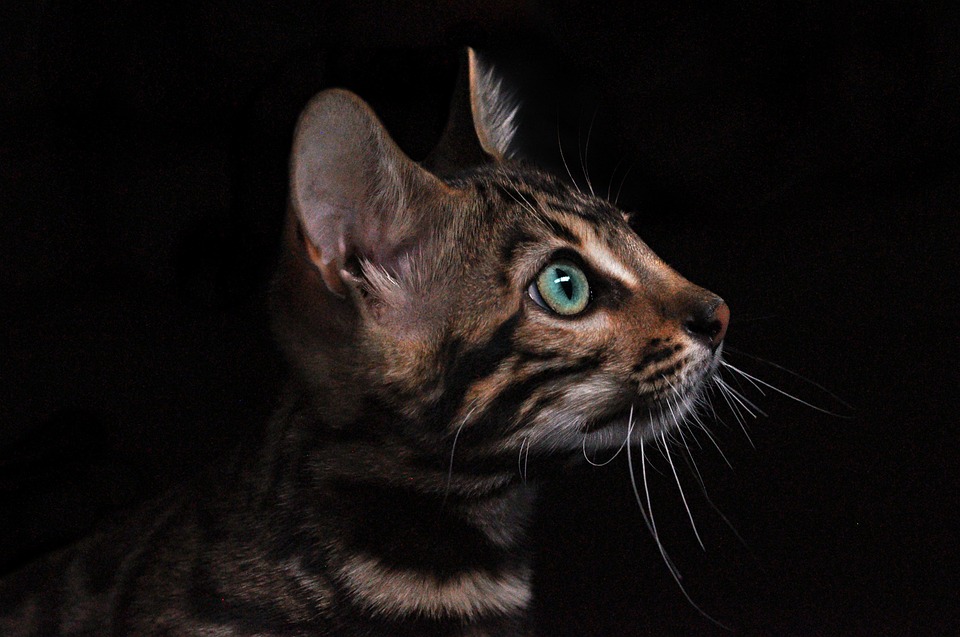The Importance of Dental Health in Cats
Cats, just like humans, require proper dental care to maintain good overall health. Dental issues can cause pain, discomfort, and even lead to more serious health problems in cats. While dental problems can affect any cat, certain breeds are more prone to dental issues than others. In this article, we will explore some of the cat breeds that are commonly susceptible to dental problems and provide essential information for cat owners to maintain their feline friends’ oral health.
Cat Breeds Prone to Dental Issues
1. Persian Cats:
Persian cats, known for their luxurious coats and distinctive facial structure, are prone to dental issues due to their brachycephalic (short-nosed) features. Their shortened jaws and crowded teeth make them more susceptible to dental problems such as misalignment, overcrowding, and periodontal disease.
2. Siamese Cats:
Siamese cats, with their striking blue eyes and sleek bodies, are also prone to dental issues. They can develop dental problems like gingivitis and periodontal disease due to a genetic predisposition. Regular dental care is crucial to prevent these issues from escalating.
3. Abyssinian Cats:
Abyssinians, known for their playful and active nature, are susceptible to dental problems such as gum disease and tooth decay. Their small, wedge-shaped jaws can lead to overcrowding and difficulty in maintaining proper oral hygiene.
4. Maine Coon Cats:
Maine Coon cats, beloved for their large size and friendly personalities, can also suffer from dental problems. Their strong jaws and large teeth can sometimes cause misalignment and overcrowding, making them prone to periodontal disease and tooth decay.
Dental Care Tips for Cat Owners
1. Regular Dental Examinations:
Ensure your cat receives regular dental check-ups from a veterinarian. They can identify potential dental issues early on and provide appropriate treatment or preventive measures.
2. Brushing Your Cat’s Teeth:
Introduce a regular teeth-brushing routine to maintain your cat’s oral hygiene. Use a soft-bristled toothbrush and cat-friendly toothpaste. Start slowly and gradually increase the brushing time to ensure your cat is comfortable during the process.
3. Appropriate Diet:
Feed your cat a balanced and nutritious diet to promote good dental health. Avoid excessive sugary treats and provide dental-specific diets or dental chews that can help reduce plaque build-up.
4. Professional Dental Cleanings:
Consider professional dental cleanings for your cat, especially if they are prone to dental issues. These cleanings are performed under anesthesia and help remove tartar and plaque buildup, ensuring a healthier mouth.
FAQs – Frequently Asked Questions
1. Can dental issues in cats be prevented?
While some dental issues may be genetic, proper dental care can significantly reduce the likelihood of developing dental problems. Regular brushing, professional cleanings, and a balanced diet are essential preventive measures.
2. How often should I brush my cat’s teeth?
Ideally, aim to brush your cat’s teeth at least two to three times a week. However, daily brushing is even better for optimal dental health.
3. Are dental chews effective in maintaining oral health?
Dental chews can be a helpful addition to your cat’s oral care routine. They can help reduce plaque and tartar buildup, but they should not replace regular brushing or professional dental cleanings.
4. When should I seek veterinary help for my cat’s dental issues?
If you notice signs of dental problems such as bad breath, difficulty eating, excessive drooling, or swollen gums, it is crucial to consult a veterinarian. They can assess the condition and recommend appropriate treatment options.
5. Are dental issues more common in purebred cats?
While dental issues can affect cats of any breed, certain cat breeds may be more genetically predisposed to dental problems. However, proper dental care is essential for all cats, regardless of their breed.
By being aware of the cat breeds prone to dental issues and implementing appropriate dental care, cat owners can help their feline companions maintain healthy teeth and gums, ensuring a happier and healthier life overall. Remember, a little extra effort in caring for your cat’s dental health can go a long way in preventing future dental problems.








